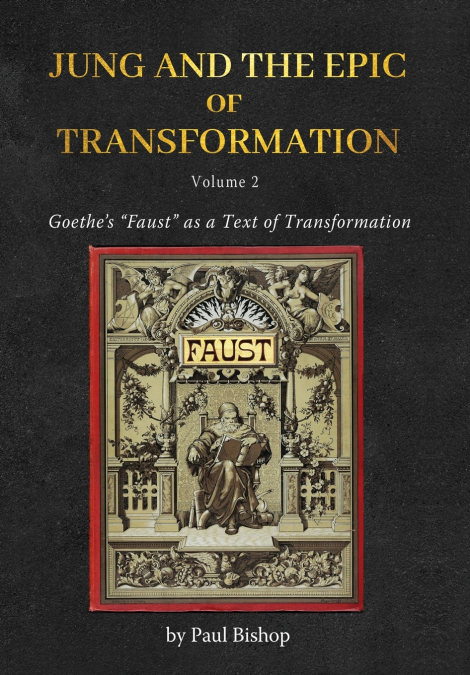
Paul Bishop
For Goethe, his Faust was his 'main business' (Hauptgeschäft), an opus magnum or divinum within the framework of which his whole life was so enacted. Or so believed C.G. Jung, who described himself as 'haunted by the same dream,' as 'launched upon a single enterprise' which was his 'main business,' and someone in whom Faust had 'struck a chord and pierced through' in a way he could not but regard as 'personal.' In Goethe’s 'Faust' as a Text of Transformation, Paul Bishop considers the significance for Jung of this iconic work of German literature which embraces the periods of Sturm und Drang, Weimar Classicism, and Romanticism, and constitutes a major work in the German epic of transformation. In Parts One and Two of this dramatic poem (or poetic drama), Faust undergoes a series of transformations - as do those readers who, as Jung did, open themselves up to the transformational power of Goethe’s work.This is the second volume in a series of books, examining key texts in German literature and thought that were, in Jung’s own estimation or by scholarly consent, highly influential on his thinking. The project of Jung and the Epic of Transformation consists of four titles, sequentially arranged to explore great works from a Jungian perspective and in turn to highlight their importance for interpreting The Red Book.Table of ContentsList of Abbreviations Editions of translations cited 'Faust' editions and commentaries Works on Goethean life (in chronological order) Works on Goethean aesthetics (in chronological order) Jungian/alchemical readings of 'Faust' (in chronological order) Audiovisual recommendations Acknowledgments Preface Chapter 1 Goethe’s Faust, Part One Chapter 2 Goethe’s Faust, Part Two Chapter 3 Goethe’s Faust in Jung’s Works [A]: Faust in Jung’s Autobiographical and Early Works Chapter 4 Goethe’s Faust in Jung’s Works [B]: Faust in Jung’s Later Works of the Thirties, Forties, and Fifties Bibliography